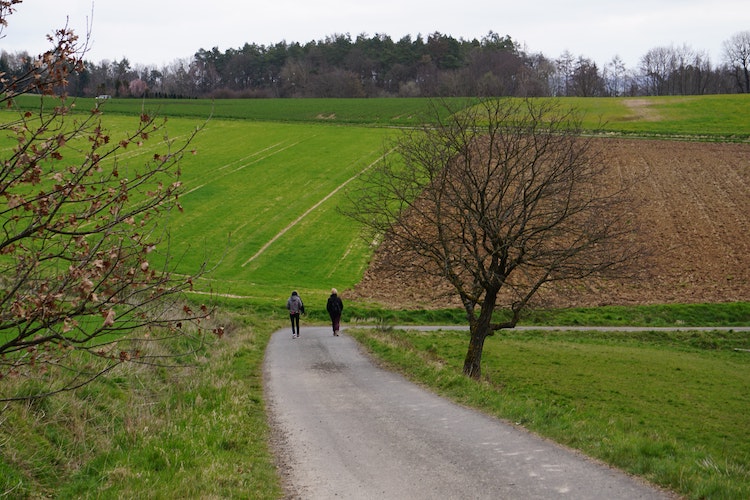
By Hugh Winig, M.D.
Dr. Winig is a retired psychiatrist and a longtime OLLI @Berkeley member and volunteer
There are many words that help describe the characteristics one might desire in quality human relationships. These would certainly include “trust” as well as having a “covenantal commitment” to each other. Long term relationships can be between friends, pals, chums, lovers, buddies, partners, spouses, neighbors, co-workers and of course between family members including siblings and parents.
Emotional connectivity in human relationships can make life worth living by experiencing the security and contentment that springs from such close attachments. This can help one avoid experiencing isolation and/or neglect. And while no relationship is perfect, these parameters are guideposts for what one would ideally strive for, no matter what stage of life one is at. Negative aspects in a relationship, on the other hand, include abuse, neglect, domination, infidelity, and dishonesty as examples.
What might one do if the above-mentioned positive qualities already exist in a relationship? Express gratitude and appreciation to the other person for enhancing the quality of your life--in other words, reinforce such a good thing by verbalizing it. And that can be done more than once.
What might one do if the negative characteristics exist in the relationship? You can either diminish or discontinue your connection with that individual, feeling that you simply want to “move on”, or if you want to repair and strengthen that relationship, identify the issue(s) that are interfering with closeness and commitment, and discuss them to try to resolve the issues.
One thing that many people experienced during the pandemic is that even the best relationships became strained because of people being together too much. No relationship or individual is perfect. If people are together constantly, there is not the normal experience of longing for or missing that other person. There is a fine line between closeness and intimacy on the one hand, versus independence and autonomy on the other. Conversely, some relationships were diminished or lost during the pandemic because of too little of the physical connection and intimacy that normally would have existed.
Sibling relationships can be especially fraught, as often the tension between pursuing one’s own individuality vs. maintaining the “inherited” bond of having the same parents may not always blend as hoped for. Respecting the separateness and autonomy of a sibling on the one hand, while striving for some life long positive bond on the other, may not always come easily. But one thing is for sure, once one of the siblings passes away, there is no going back to reconcile or resolve whatever tensions may have existed, and as such It is critical not to let these tensions fester and become so ingrained that they can never be resolved.
Those of us in our older years have had life pretty good as our society prospered during our lifetimes. But now our resiliency is being tested by the combination of advanced age, disruptive national politics, the pandemic, international instability, and global warming. The practice of expressing gratitude every day for the good fortune one has been gifted is a major strategy for countering the discouraging disruptions mentioned above that can preoccupy our thoughts.
The pandemic has been catastrophic in so many ways, but it has also been a learning opportunity around the issues of maintaining and strengthening friendships, learning to resolve conflicts, and developing greater self-awareness. We each need to learn how to take advantage of this painful reality to enhance our trust and emotional closeness with others, as well as develop self-awareness so we can sustain ourselves as the future unfolds in ways that are unpredictable.
Hugh Winig, M.D. is a retired psychiatrist, the author of a book of short stories and a book of humanistic aphorisms. He was a founding Trustee of the Lafayette Library and Learning Center and a past President of the East Bay Psychiatric Association. He is a longtime OLLI @Berkeley member and volunteer, and a regular contributor to our blog.